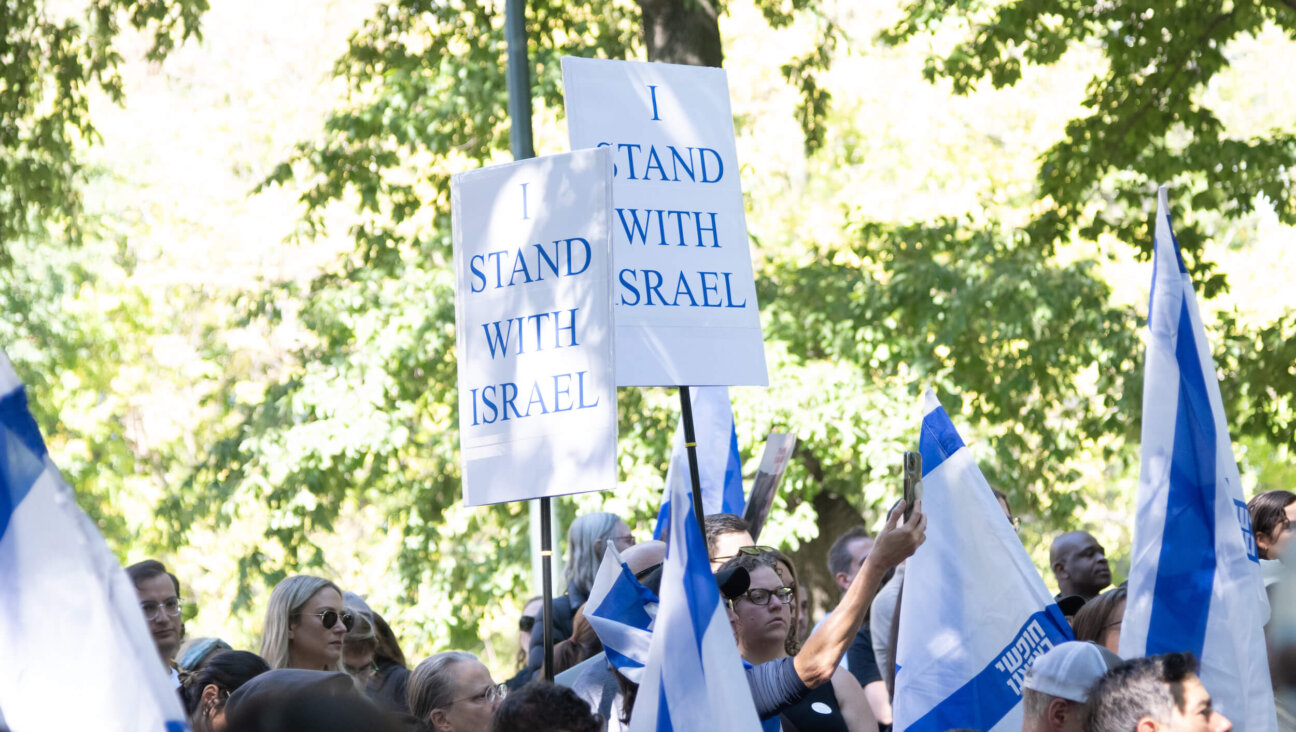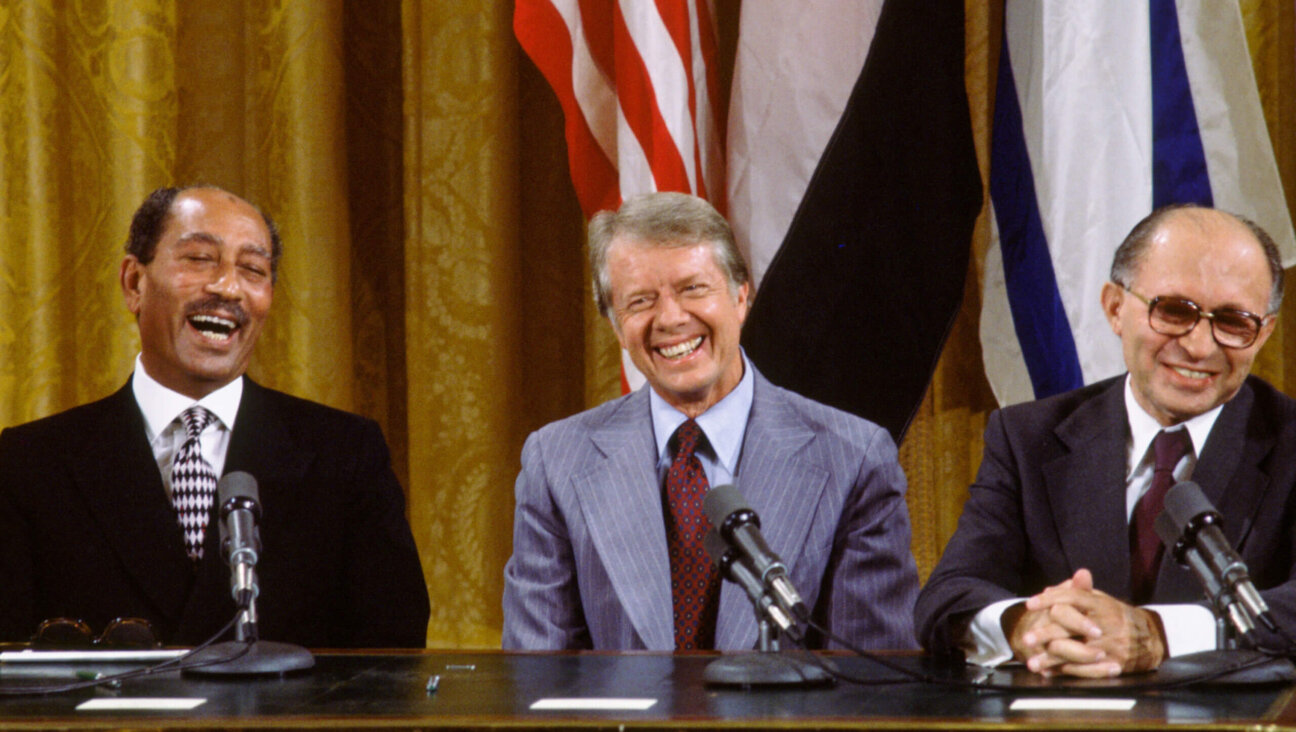Cut Losses in an Unwinnable War
The extraordinary terrorist events in Russia in recent weeks are in many ways unique. But the Russia-Chechnya conflict also has an important element in common with other arenas where, for a variety of mostly bad reasons, powerful non-Muslim societies are ruling over Muslims. Chechnya, Iraq, Gaza — all have become lose-lose situations for the occupier.
In the course of the 20th century, we learned that mass nationalist revolts against outside rulers almost always succeed, whatever the cost. The 21st century has twisted this paradigm with the addition of Islamic extremism, and particularly the suicide bomber, striking far beyond the geographic borders of Islam against an “occupier” in Moscow, New York, Beersheva or Andalusia.
The Russians have been trying to tame Chechnya for two centuries. Now the Chechens, with local and foreign Islamists on their side, are viciously counter-attacking deep into Russia. The school massacre last week that claimed at least 338 lives came only three days after a suicide bomber killed 10 in a Moscow subway station and 10 days after 89 died in simultaneous bombings of two commercial jets.
The situation in Chechnya is lose-lose because if President Vladimir Putin decides to fight on, he risks endless, vicious bloodletting and the further corruption of his armed forces. If he withdraws and gives the Chechens their independence, he will be perceived as weak — particularly in view of the barbaric way Russia has tried for the past decade to put down the revolt — and Russia’s deterrent profile will be damaged.
This could potentially inspire other Muslim peoples inside the Russian federation to revolt. As Putin made clear in his remarks following the school debacle in Beslan, he believes the real cause of that massacre is the perception of Russian weakness. Like many a beleagured occupier before him, Putin clings to the futile belief that when force fails, the solution is… more force. He still doesn’t realize that there is no military solution.
In Iraq, President Bush has also maneuvered his country into a lose-lose situation. The American presence there, which Senator John McCain now acknowledges may go on for decades, is attracting a growing, violent Arab opposition, even as genuine democratization fades as a realistic goal. If Washington reads the writing on the wall and pulls out abruptly, it will leave behind a government too weak to defend itself, encourage the forces of Arab Muslim radicalism and send a signal of weakened deterrence not only to Al Qaeda, but also to Iranian- and Syrian-supported terrorists. Yet the longer the United States remains in Baghdad, the more it undermines the legitimacy of the problematic government it has created, and the more the fighting will suck in additional recruits for terrorism.
In the wake of the Beslan massacre, Prime Minister Sharon has been only too happy to assert that “we” — Israel, Russia, the United States and the West — are all in this together against the Islamist suicide movements. He has ignored the many differences between Palestine — where Islamic extremism is only one aspect of a territorial dispute between two national movements — and Chechnya and Iraq. Even Bush, not a man for nuances, professes the need for a viable Palestinian state and an end to most Israeli settlement expansion.
Yet Sharon, whether he understands the nuances or not, may be showing Bush and Putin at least the beginning of a way out of the lose-lose situation: Cut your losses by building a big fence and getting out, all the while carrying a big stick.
Of course, Gaza after disengagement still will be an Israeli responsibility until its land, air and sea borders are opened and Israel begins to do something similar in the West Bank. But Israelis overwhelmingly support Sharon’s proposed move because they see it as the only possible way to begin a process of extricating themselves from a lose-lose situation — politically, security-wise and, above all, demographically — in the Palestinian territories.
The Islamic and other extremists can remain beyond the fence. They will still be terrorists, and there will be no military solution. But when it does not occupy their land, Israel will be better able both to be itself and to defend itself.
For Putin, this strategy means fencing in Chechnya and isolating it from Russia rather than integrating it into Russia. It means abandoning any lingering aspiration to promote a “moderate” government there. Defend Russia by not occupying Chechnya.
Ending the lose-lose situation in Iraq, however, is far more difficult. The ramifications for the region of a precipitous American withdrawal — the danger that Iraq might disintegrate and destabilize its neighbors — are daunting. But at a minimum, Washington should be seriously examining alternative early-exit strategies.
The point of departure for this exercise should be the retrospective understanding that the United States did indeed walk willfully into a lose-lose situation and that once this fatal mistake was committed, Bush should have walked away the moment he captured Saddam Hussein — the only conceivably legitimate reason for invading Iraq in the first place.
Bush can seize the moment to announce a new “hit and run” strategy: The United States will physically remove foreign leaders who threaten their own people and American security, but it harbors no aspiration to remake their countries. It will even reconquer if and when it has to — but it will not occupy.
Yossi Alpher, a former director of the Jaffee Center for Strategic Studies and former senior adviser to Prime Minister Ehud Barak, is co-editor of bitterlemons.org and bitterlemons-international.org.
A message from our Publisher & CEO Rachel Fishman Feddersen

I hope you appreciated this article. Before you go, I’d like to ask you to please support the Forward’s award-winning, nonprofit journalism during this critical time.
We’ve set a goal to raise $325,000 by December 31. That’s an ambitious goal, but one that will give us the resources we need to invest in the high quality news, opinion, analysis and cultural coverage that isn’t available anywhere else.
If you feel inspired to make an impact, now is the time to give something back. Join us as a member at your most generous level.
— Rachel Fishman Feddersen, Publisher and CEO






















